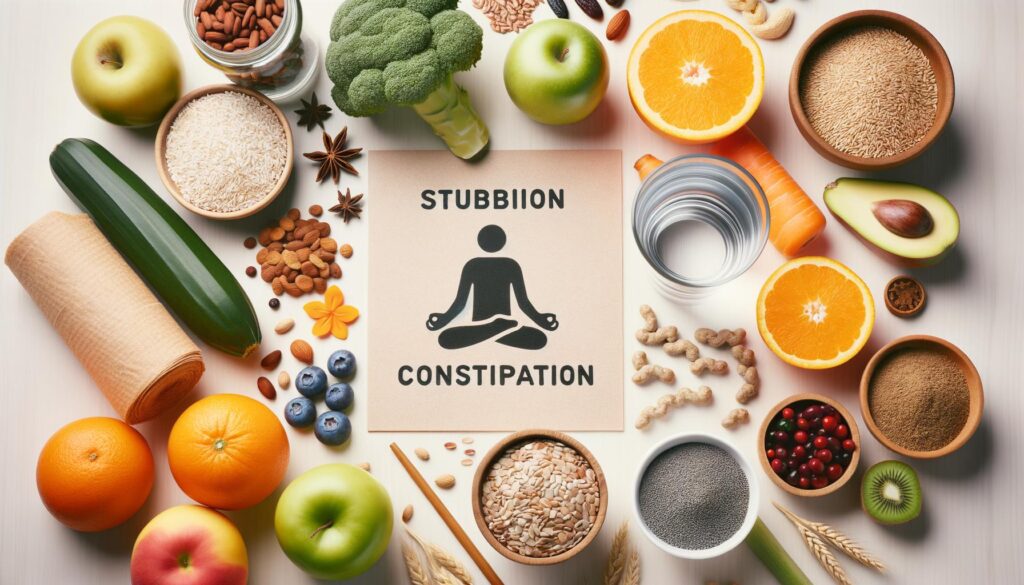Natural Solutions for Tackling Stubborn Constipation
Understanding Constipation: Causes and Symptoms
Constipation is a common digestive issue characterized by infrequent bowel movements or difficulty passing stools. While occasional constipation is normal, chronic constipation can be uncomfortable and may require attention. Several factors contribute to constipation, including a low-fiber diet, dehydration, lack of physical activity, and certain medications. Understanding these causes can help in identifying suitable natural remedies. Symptoms typically include fewer than three bowel movements per week, hard or lumpy stools, and a feeling of incomplete evacuation. Addressing the root causes through lifestyle changes can significantly improve bowel regularity.

Increase Dietary Fiber Intake
One of the most effective natural ways to combat constipation is by increasing your dietary fiber intake. Fiber adds bulk to the stool and helps it pass more easily through the intestines. Foods rich in fiber include fruits, vegetables, whole grains, and legumes. Aim to incorporate a variety of these foods into your daily diet. Consider starting your day with a fiber-rich breakfast, such as oatmeal topped with fresh berries or a whole-grain cereal with sliced bananas. Snacks like carrot sticks or an apple can also boost fiber intake. Gradually increasing fiber consumption can prevent bloating or gas, common side effects of a sudden increase in fiber.
Stay Hydrated
Proper hydration is crucial for maintaining healthy digestion and preventing constipation. Water helps soften stools, making them easier to pass. It is recommended to drink at least eight 8-ounce glasses of water daily, although individual needs may vary. Herbal teas and clear broths can also contribute to fluid intake. Avoid excessive consumption of caffeinated beverages, as they can lead to dehydration. If you engage in physical activities or live in a hot climate, you may need to increase your water intake to compensate for fluid loss through sweat.
Incorporate Regular Exercise
Physical activity stimulates intestinal activity and can help alleviate constipation. Engage in regular exercise, such as walking, jogging, or yoga, to promote healthy digestion. Aim for at least 30 minutes of moderate exercise most days of the week. Activities like swimming or cycling can also be beneficial. Exercise not only supports bowel movements but also enhances overall well-being. Consider incorporating stretching routines or abdominal massages to further aid digestion and relieve constipation symptoms.
Consider Natural Supplements
In some cases, natural supplements may assist in relieving constipation. Psyllium husk, a type of soluble fiber, can be mixed with water or juice to help bulk up stools. Probiotics, found in supplements or fermented foods like yogurt and kefir, support gut health and may promote regular bowel movements. Before adding any supplement to your routine, consult with a healthcare professional, especially if you have underlying health conditions or are taking medications. Ensuring a balanced diet is the best approach, but supplements can be a helpful adjunct in managing constipation.
Adopt Healthy Bathroom Habits
Establishing regular bathroom habits can aid in preventing constipation. Respond promptly to the urge to have a bowel movement to avoid hardening of stools. Allocate sufficient time for bathroom visits to allow complete evacuation without rushing. Creating a routine, such as going to the bathroom at the same time each day, can help train your body to have regular bowel movements. Consider adjusting your posture by using a footstool to elevate your feet, which can facilitate easier passage of stools by aligning the colon. Simple lifestyle adjustments can significantly enhance digestive health and reduce constipation.
